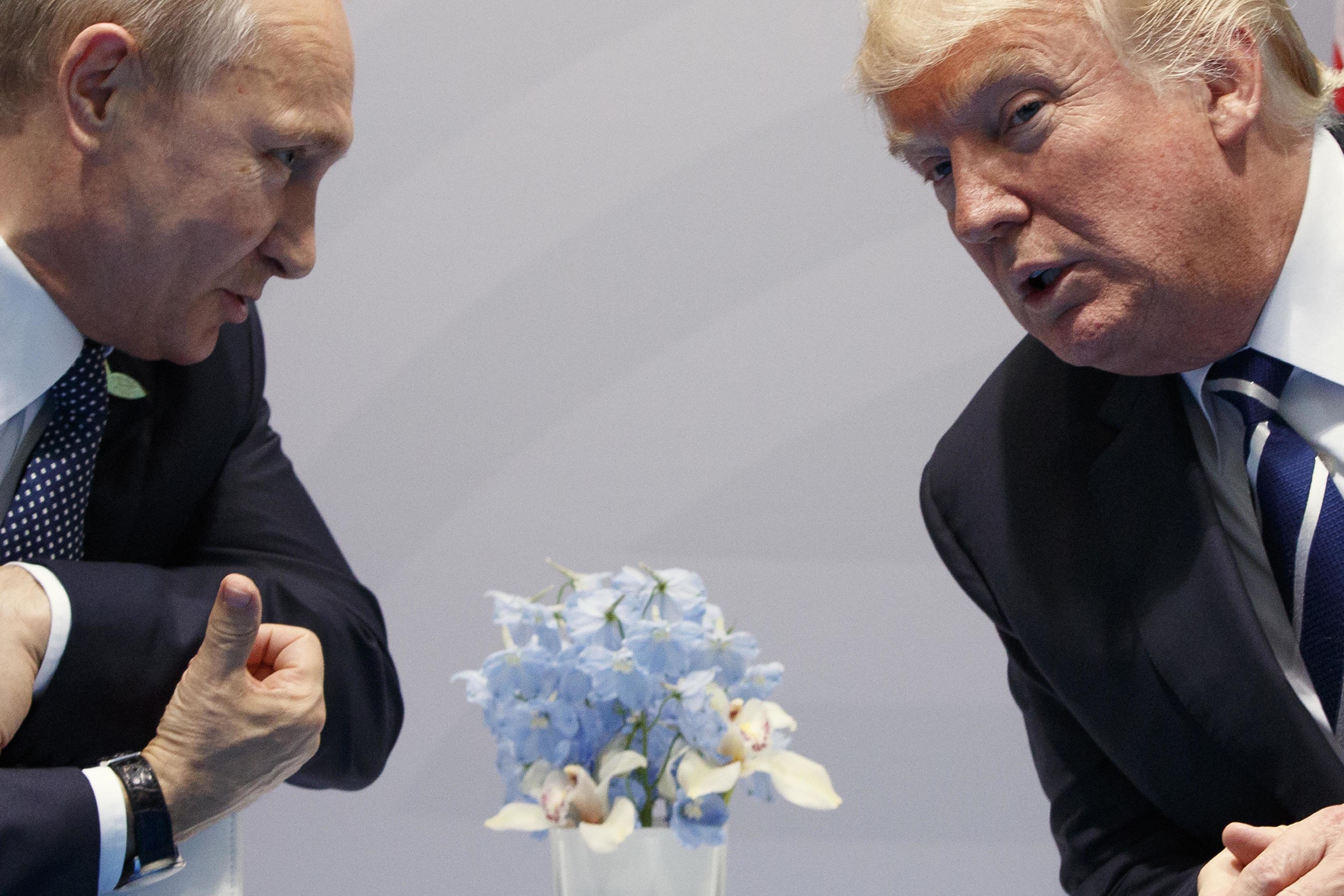Three years ago, the Russian invasion of Ukraine represented the biggest disruption to the European (and almost global) energy market since the oil crisis of the 1970s. This week, the possibility of a peace agreement between Russia and Ukraine, even if it is one forged in Washington, has once again stirred up speculation in the markets, as although it is still early to determine the real impact of the eventual end of the war, there is consensus that this would lead to a decrease in gas prices in the European Union and, consequently, also in the cost of electricity.
Before the war began, Russia supplied 30% of the gas needs of the Twenty-Seven. Today, its contribution is almost zero. A significant portion of that fuel has shifted from being imported via pipelines - precisely on December 31, 2024, the last agreement for Russian gas entry into Europe through Ukraine expired - to being brought by sea, mainly from the United States. This is liquefied natural gas (LNG), which, excluding the energy cost, entails transportation and logistics expenses twice as expensive as operating a pipeline.
Therefore, a potential reopening of fuel flows with Moscow, within the framework of the end of the war, would represent a significant relief for the Twenty-Seven's bill. This is evident from a recent analysis by Goldman Sachs, accessed by EL MUNDO, which concludes that the decrease in TTF gas prices [Dutch reference index in Europe] and electricity would be "the most significant impact."
"A possible peace agreement between Russia and Ukraine would likely increase Russian gas supply to Europe, reducing European gas prices in the short term by between 15% and 50% and accelerating their long-term decline," quantifies the Wall Street bank, which foresees that this scenario would facilitate the replenishment of European gas reserves before the next winter.
Within that range, it will depend on whether the entry of Russian gas through Ukraine is restored to "the modest volumes observed in 2023 and 2024," which would imply a price around 44 euros per megawatt-hour (/MWh), while if fuel flows returned to pre-war levels, three times higher than last year's, the TTF would be around 25 /MWh.
To bring this evolution to the national level, the daily price of natural gas in the Iberian market (Mibgas), which evolves very similarly to the TTF, remained slightly above 50 /MWh yesterday. Futures for next winter are currently below 48 /MWh. According to Goldman's estimates, a peace agreement could plummet prices to values much closer to those recorded in the historical series before the last crisis.
Winners and Losers of Peace
In the business realm, a potential peace would create winners and losers among the EU oil giants. The most affected in accounting terms by a potential peace would be the Norwegian Equinor, for which the price drop could result in treasury declines between 1% and 14%, according to Goldman's report. Additionally, the potential reactivation of Russian supply to Europe could increase pressure on Norway, which in 2023 provided over 30% of all gas imports to the EU. The fiscal policy of the Nordic country depends heavily on the hydrocarbon sector, which accounts for around 15% of its GDP and over 65% of its exports.
On the other hand, there are the British BP and the French TotalEnergies, which never actually severed their corporate ties with Russia. The former announced in February 2022 its intention to divest its 19.75% stake in Rosneft, the Russian state oil company. As of today, it still holds that stake, according to the group, due to the complex geopolitical environment. A similar situation applies to the French giant, which retains 19.4% of the capital of the Russian gas company Novatek.
In practice, due to Brussels' sanctions against Vladimir Putin, these stakes are frozen in an accounting limbo, and both energy companies had to record billion-dollar impairments for them. According to analysts at the U.S. bank, if Ukraine and Russia seal peace and the 27 lift the veto on Putin, both companies could reverse these impairments in their accounts. "We estimate that this could add around 20% and 10% to the market capitalizations of BP and TotalEnergies, respectively," point out Goldman, which also predicts a dividend windfall for the shareholders of both firms, who could also resume receiving dividends from their Russian businesses.
Since the price of gas affects electricity prices, the market assumes that there will be drops in the price of electricity if the agreement promoted by Donald Trump succeeds. This could further narrow the margins of independent renewables, affecting the accounts of companies like the Spanish Acciona Energía and Solaria, or the Danish wind power company Ørsted, of which Equinor is a shareholder since last October, when it disbursed almost 2.3 billion euros to acquire a 10% stake.
